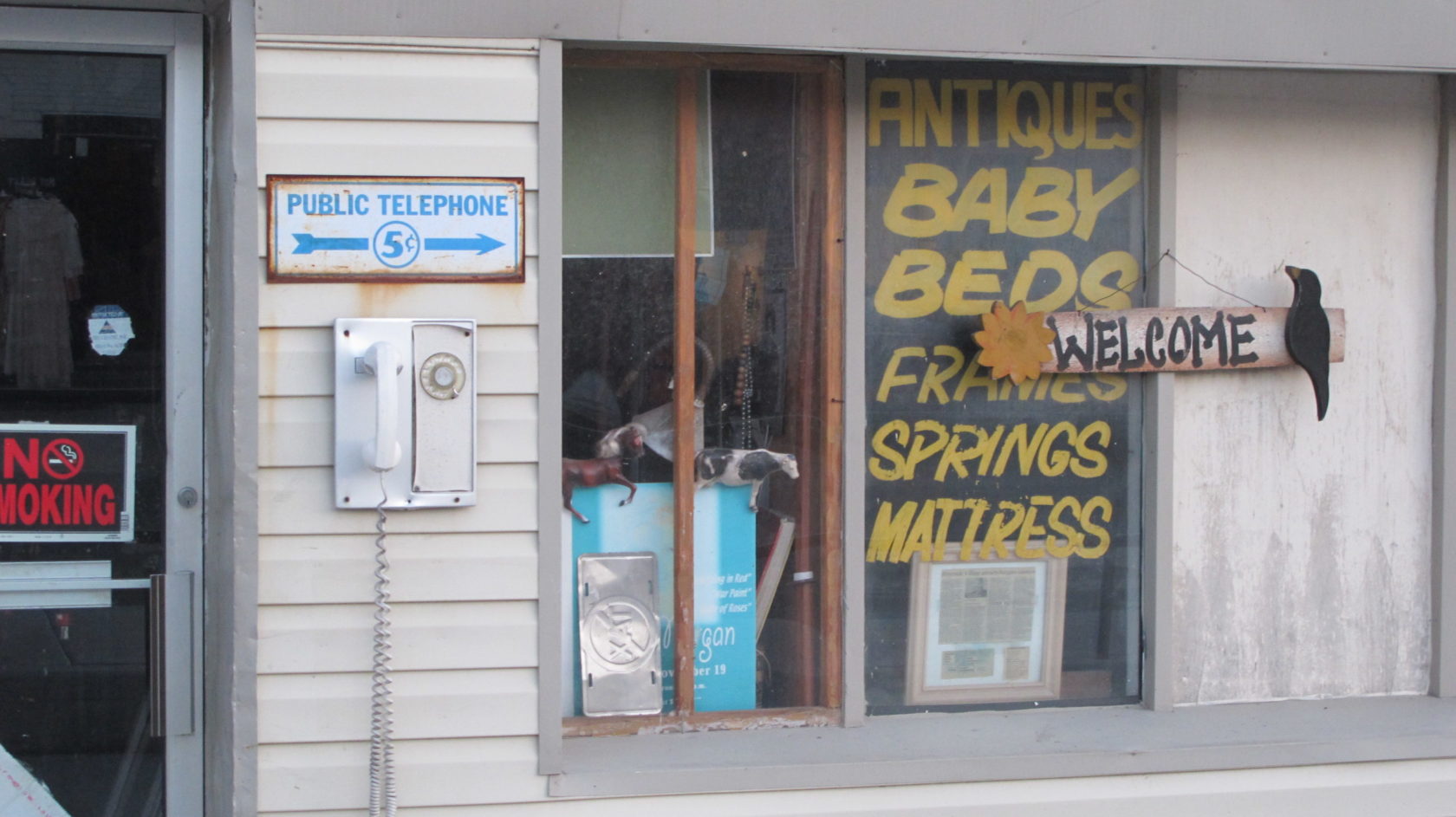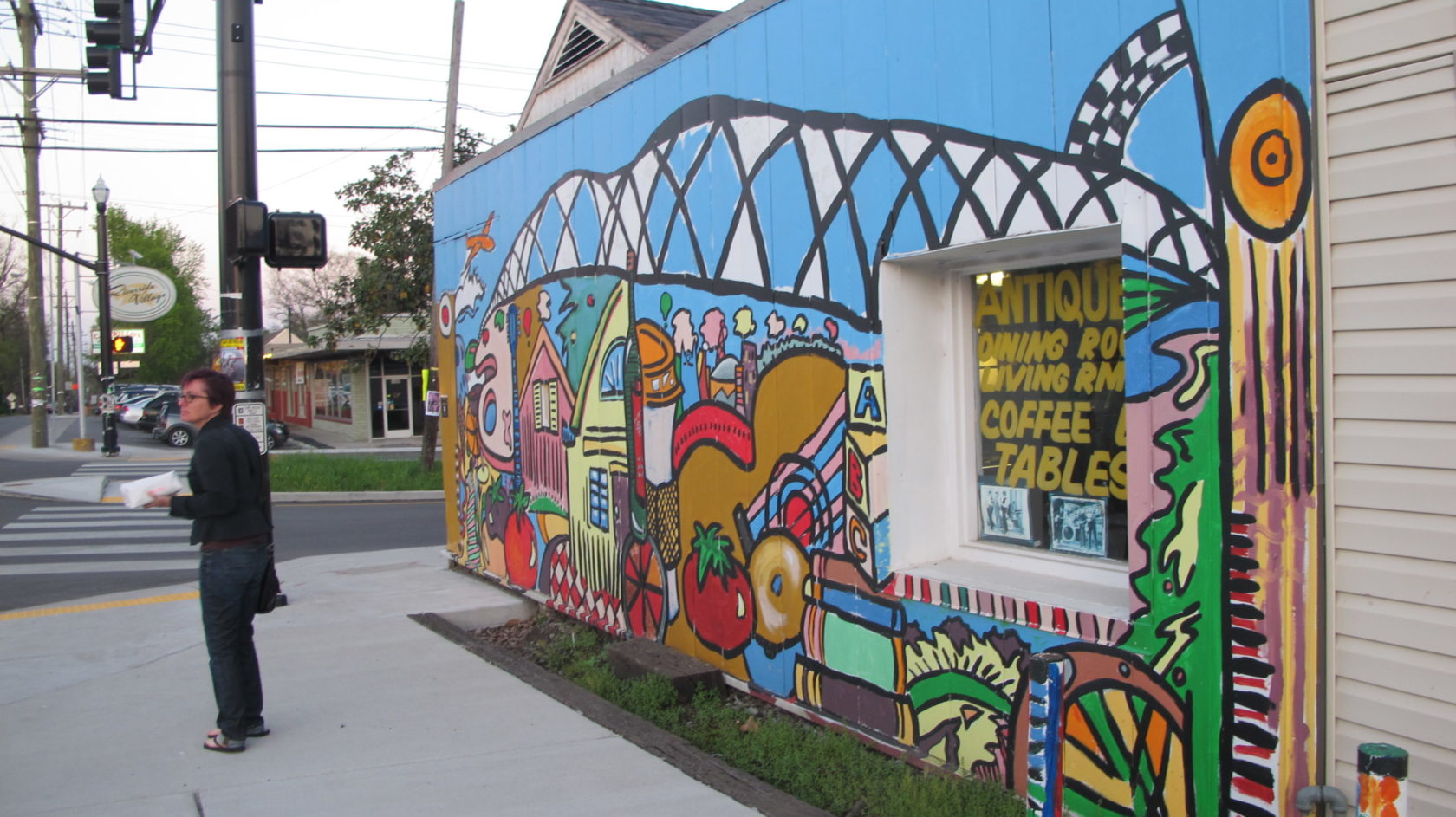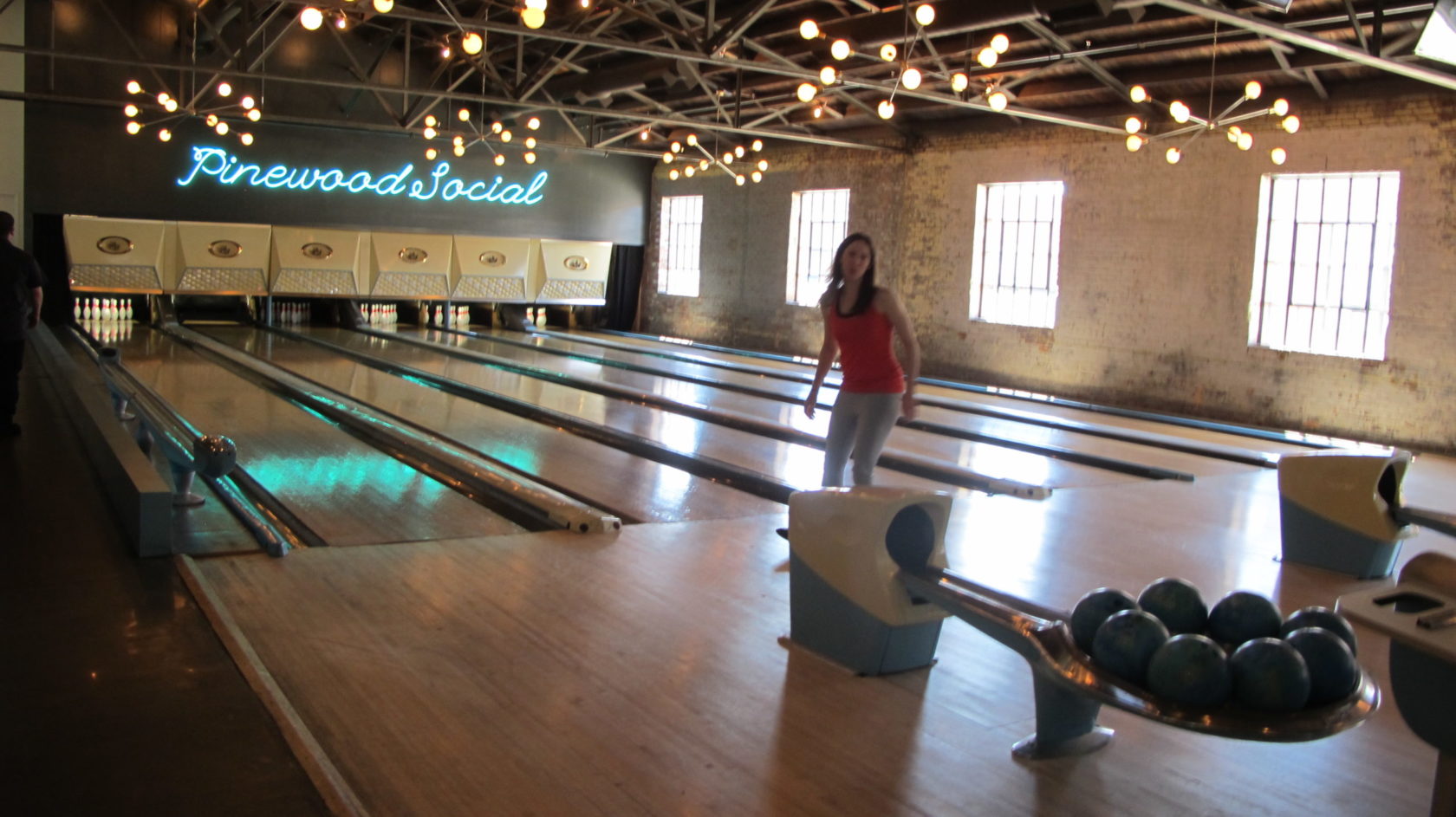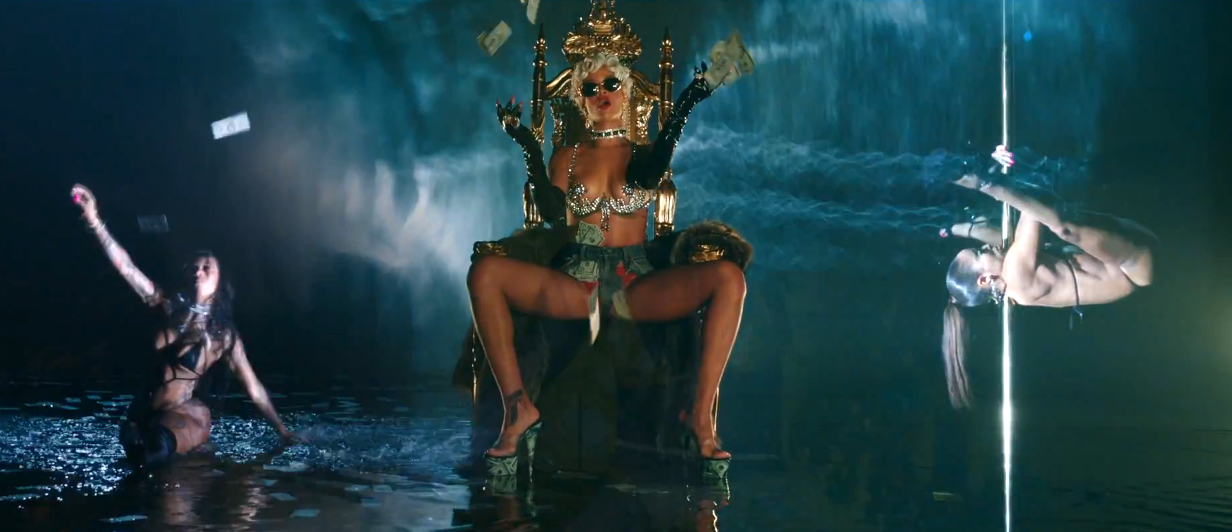
What happens in cities when the old meets the new?
From the moment my plane coasted onto the Nashville tarmac, it was clear that I was in the south. The flight attendant with a fake tan and a southern accent came on the loudspeaker to wish a high school cheerleader the best of luck in her upcoming competition.
“We’re all so proud of you,” her voice smiles over the passengers, “let’s give her a round of applause, everyone!” The plane bubbles into applause that is halfway genuine and halfway obligatory. I assume the division corresponds to the number of Tennessee natives on the plane.
I wander through the comparatively-petite Nashville terminal looking for my ride. When I pass the first set of rocking chairs, I think it’s just a kitschy touch: “Welcome to the south, haw haw.” But then I pass four more, and another four, where old women with no baggage are calmly rocking time away. I realize the rocking chairs are practical, rather than decorative implements, influenced by a culture of comfort, patience, and hospitality.
I blow off the shuttle-bus driver outside who asks where I’m going, instinctively ignoring a probable sales pitch. I feel guilty when it turns out he just wants to give me directions and wish me a pleasant afternoon.
Things sure are different here.
But Are They Really?
My first impressions of Nashville were tarnished by my expectations of a teeming metropolis, imagery that I associate, thanks to my NYC roots, with the words “city” and “urban.” Expecting taxi drivers and skyscrapers, I am disarmed by the drive from the airport with its stretches of run-down structures that could house anything or nothing at all. “It looks a little like Arizona,” I offer.
“It looks like anywhere, really,” my mother clarifies. A native New Yorker, my mother has been living in Nashville for the past year. It’s the first place she’s said she can imagine herself living since she moved out of New York in 2013.
Mom came down with her partner to do a TV show: “Chabuti: Musicians and their Merchandise,” which airs on Nashville TV this week (channel 4, if you’re local!). In the era of streaming services and illegal downloads, album sales are suffering, and musicians are increasingly making their incomes through merchandise sales. Chabuti offers a solution that is one part musicians discussing their merchandise and charities, and one part variety-show styled, with games and trivia.
Chabuti is funny, quirky, and revealing: it’s existence says a lot about the current state of the music industry, and in turn, of the Music City.
Selling Folk

Folk on one side….

….trendy on the other.
According to the Tennessean, the number of full-time songwriters in Nashville has fallen by 80 percent since 2000. Weekly August album sales fell below 4 million, which marked a new low point since the industry started tracking data in 1991. It’s harder and harder to make a living as a musician, unless you do what lots of musicians have started doing, but fans call “selling out,” if one starts a clothing line or sell perfume or do commercials for Pepsi. Music is what makes Nashville famous, but it’s not what makes anyone rich: health care is by far the biggest industry in Nashville, and music production competes with publishing houses.
In a lot of ways, Nashville has gone from selling music to selling the idea of music. Much of downtown Nashville looks trapped in the transformation from folky into hip. 1950’s neon signs dangle next to too-hip coffee shops. Old, quaint stone houses stand in the shadows of huge condominium development projects. People complained about the cost of living, about being priced out of neighborhoods by hipsters.
It all started to sound a little familiar….

Hipster bowling alleys are signs of hipster things to come.
A Tale of All Cities
Seattle was grunge, until it was the hip idea of grunge. Brooklyn was alternative before it was the hip idea of alternative. Nashville was folky before it was the idea of folky. It may be that this is the natural course of urbanity, which staggers under the weight of poverty, building itself up in new and different ways until the alternative lifestyle becomes cool enough to coopt.
Either way, it’s nothing new. Things are changing everywhere, and it won’t be cheap.




